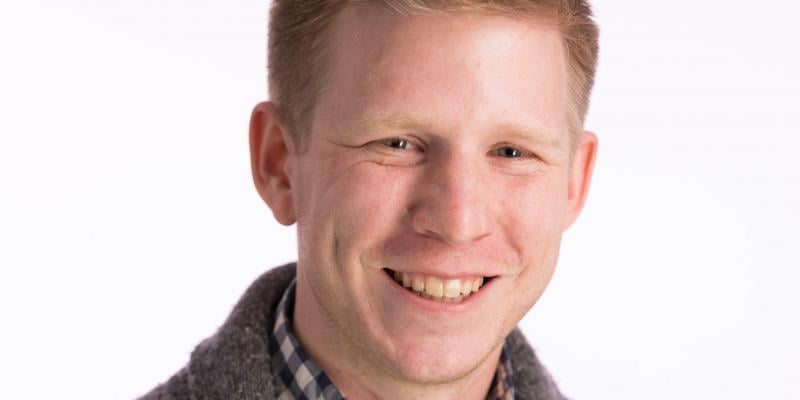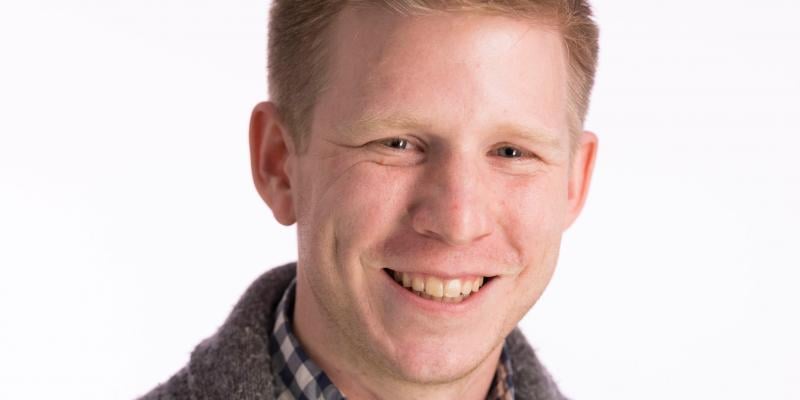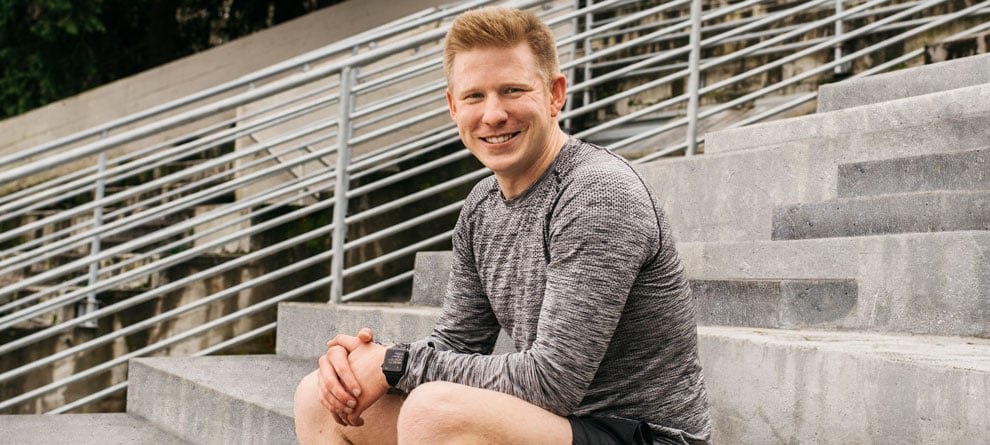

Kevin
Never Give Up
When I went to see an epileptologist, he asked me what my goals were. This surprised me—I didn’t realize I had a say in the matter. I told him I wanted to do the things I was able to do before—mainly, to be an active high schooler.
When I went to see an epileptologist, he asked me what my goals were. This surprised me—I didn’t realize I had a say in the matter. I told him I wanted to do the things I was able to do before—mainly, to be an active high schooler.

When I was 13 years old, I was an avid soccer player and loved running around on the field. Ironically, that’s where I had my first seizure. It came out of nowhere. We were doing sprints one second and then the next I was waking up on the ground, really tired and confused, with my teammates huddled around me in a circle. I remember my coach telling me that “it didn’t look like a seizure” because I wasn’t convulsing—I just fell down and clenched my fists. The paramedics came and checked me out, but I told them I was fine, and then they left.
This went on for another few weeks, sometimes at school in the hallways, sometimes at soccer practices: I’d start to get a little loopy and then just lose consciousness. Finally, my mom and I went to a neurologist. He gave us a bottle of medication, and when we looked at the label, we saw that the medicine was used to treat epilepsy. That was the first time we got a sense of what was really going on.
Things just went downhill from there: I began struggling in class because I couldn’t stay awake, I had to frequently miss soccer practices, and I kept losing track meets. But, when I went to see an epileptologist, he asked me what my goals were. This surprised me—I didn’t realize I had a say in the matter. I told him I wanted to do the things I was able to do before—mainly, to be an active high schooler. We started working on a game plan immediately.
Over the years I learned to recognize my seizure triggers, such as being stressed and not getting enough sleep, which allowed me to pursue my dream of practicing consumer law. I currently work at a nonprofit and get to litigate matters that truly help people. I may have to manage my time, plan my day, and keep track of deadlines a bit more meticulously and creatively than my co-workers, but it’s worth the extra work. And, so far, I’ve never had a problem with seizures while doing my job. I also still play soccer and go running just about every day.
Growing up with epilepsy taught me never to hide who I am or be ashamed of my condition. I can’t tell you how many times someone has asked me about my epilepsy in a bashful way. They are afraid that they are being intrusive or offensive. But the truth is, I’m happy when they ask. It gives me a chance to educate others and to explain that people’s perceptions about epilepsy are often worse than the epilepsy itself. It also gives me a chance to speak out about myths related to epilepsy.
My worst fear is that somebody will think that I’m not fit to perform a certain task, play soccer, or go to law school. The general population tends to think that if you have epilepsy, then you’re very limited in what you can do. I’m living proof that that’s not the case. In most situations—and with the right kind of medical assistance—you can find a way to do everything that you want to do.
Originally printed in EpilepsyAdvocate, Spring 2019





